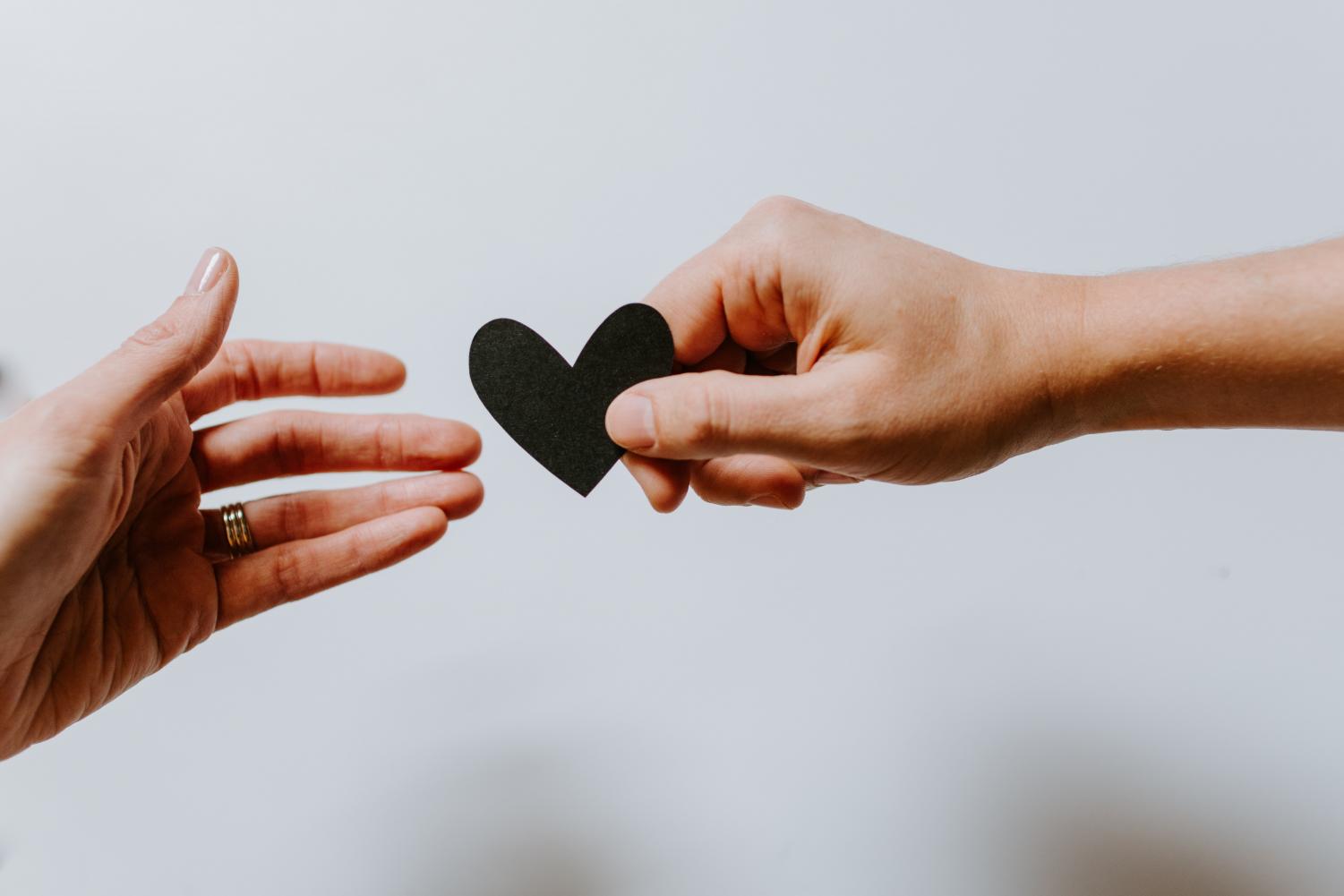One of the biggest issues surrounding young people is the issue of mental health. College students often suffer from depression, anxiety and loneliness. On Feb. 17, Boston University reported that these difficulties are only increasing, as 83% of college students in the nation have either depression or anxiety.
It is vital that students take time to prioritize their spiritual and mental health. It is a part of learning to balance different aspects of life.
Director of the Biola Counseling Center Melanie Taylor highlighted ways students can care for their mental health as well as help others who are struggling. Originally from the Midwest, Taylor applied to Biola because she loved the idea of “a program that integrated faith and psychology.” She came to study at Rosemead School of Psychology and has remained at the university, helping serve the Biola community.
What are some ways students can care for their mental health?
Taylor: “It is not uncommon to struggle when [students] first get to college. Moving away from home, adjusting to new surroundings, making new friends, residence hall living, class requirements and less personal space are only a handful of the adjustments. These are just the universal ones. Each individual has their own ways of doing life that will be challenged by going to college.”
Taylor: “But something happens when a person leaves home and launches into another type of life and freedom. Many things that make sense go right out the window! Things like: eating regularly and at least somewhat healthily, getting enough rest and sleep, getting away from computers and phones to enjoy the outdoors and exercising, being with friends and taking time to worship God through any of the above. Taking good care of yourself is one way of honoring God’s creations.”
Taylor: “Try not to be hard on yourself when you get discouraged. When you find yourself struggling to learn new things, meet deadlines, make new friends, and keep up with everything in your college experience, discouragement is normal! It means you are tuned in to what is actually going on in your life. Feeling overwhelmed when you are attempting to juggle so much is sometimes unavoidable, but sometimes it is a signal that we have said “yes” to more than is necessary—or attainable.”
Taylor: “There can be a time when you believe what you are experiencing in the way of anxiety, depression, being overwhelmed, loneliness, fears, negativity towards yourself, excessive conflicts in your relationships, can be signals that seeking assistance is indicated. There are many places and people on campus that can help you determine what you are needing. The Biola Counseling Center, Pastoral Care, Student Development, Residence Life, family and friends are just some of those places. Don’t be afraid to reach out and say you are hurting, even when you may not know the reasons why.”
How can friends come alongside each other when one of them is going through a difficult time?
Taylor: “It may seem simplistic but just be a good friend—like always. Good friends care about one another, share their joys and difficulties, and look out for each other. So when a friend is struggling with emotional issues, they may need to talk to a friend. Sometimes it will go beyond what a friend can do and they need to seek professional help. Suggesting to a friend that
you are concerned about them and suggest they seek help is being a really good supportive friend. Sometimes they just need to be heard and understood. Oftentimes, we can feel anxious and want to offer advice or fix the problem. It is important only to give advice when it is asked for.”
What are often the causes of poor mental health?
Taylor: “There are as many reasons as there are people. Some people have experienced trauma, abuse, neglect, toxic relationships, death of another or grief, divorce and a host of other struggles. Everyone responds differently to difficult experiences. Some get depressed or anxious, cannot adequately manage their emotions or complete academic assignments. It is not uncommon for people to then isolate, withdraw from friends and relatives, and live in a state of worry and personal doubts. There is a cascading effect that is important to interrupt by seeking assistance outside of oneself.”
What can students expect when they visit the BCC?
Taylor: “Students who come to the Biola Counseling Center can expect to be met with kindness and understanding as they get started in the process of beginning psychotherapy. Clients meet with a graduate student who will gather information from them in an intake. This is followed by taking a personality inventory called the MMPI and a short educational seminar called Therapy Essentials. After getting assigned to their therapist, the client will meet weekly with them.”
Taylor: “All are welcome! Let us know how we can help you!”
TAKE CARE OF YOURSELF
Biola has many resources for students seeking help and healing. Never feel ashamed to recieve help from friends, family or the BCC. Believers can live in freedom knowing that “God did not give us a spirit of fear, but of power and of love, and a sound mind,” as it says in Timothy 1:7.
Read more student opinions on mental health from our writers:
Mental illnesses are not spiritual weaknesses












